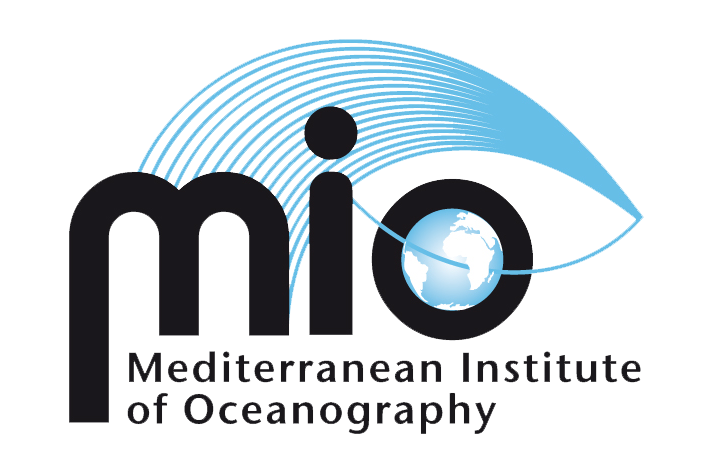Mission at sea of the students of the master Sciences of the sea
As every year at this time, the first year students of the Master of Marine Sciences carried out missions at sea as part of their curriculum, on a boat of the French oceanographic fleet (operated by IFREMER), from February 18 to 25 (including weekends!), alternating between sampling at sea and practical work sessions on land, in the university laboratories, to extract, filter and analyze the samples collected. The missions start from the IFREMER base in La Seyne-sur-Mer.
This year, the boat used was the Téthys II, a 25m long oceanographic vessel that can accommodate 8 scientists and students on board (during the COVID period, and 12 people during the "normal" period). The missions were mainly carried out in the Toulon harbor and off Cape Sicily. Getting on this type of oceanographic boat is a strong experience for the students, especially since obtaining sea time with these boats is far from easy: they are so used by the oceanographic community that the reservation file must be made one year in advance, without guaranteeing dates! The teaching team therefore prepares this mission from one year to the next, a long preparation, but systematically rewarded by the very good involvement of the students for this unique period of their curriculum.
This year, the Mistral wind blew almost every day during the mission, but this did not discourage the team! Only one day was cancelled for safety reasons, as the whole Var region was under a Yellow Wind Alert.
This mission in a few figures :
31 students of Master 1 Sciences of the Sea and 7 students of Physics-Chemistry Licence went on board the boat.
22 measurements of vertical profiles of the water column
16 samples of surface water
140 liters of sea water filtered
5 plankton net deployments
7 drifting float trajectories deployed daily.
During these 8 intense days, the students of the master work by dividing the various tasks of analysis, this allowing the mixture of the courses between them, thus supporting the multidisciplinary approach physics-chemistry-biology which is one of the wills of this formation. The students finish this period with an oral restitution of their work by subgroup, in front of the pedagogical team mainly composed of B. Zakardjian, V. Sanial, Y. Ourmieres, V. Lenoble, J.-F. Briand and J.-L. Jamet, all teacher-researchers at MIO and MAPIEM, as well as C. Dignan and F. Drouet, both PhD students at MIO.

